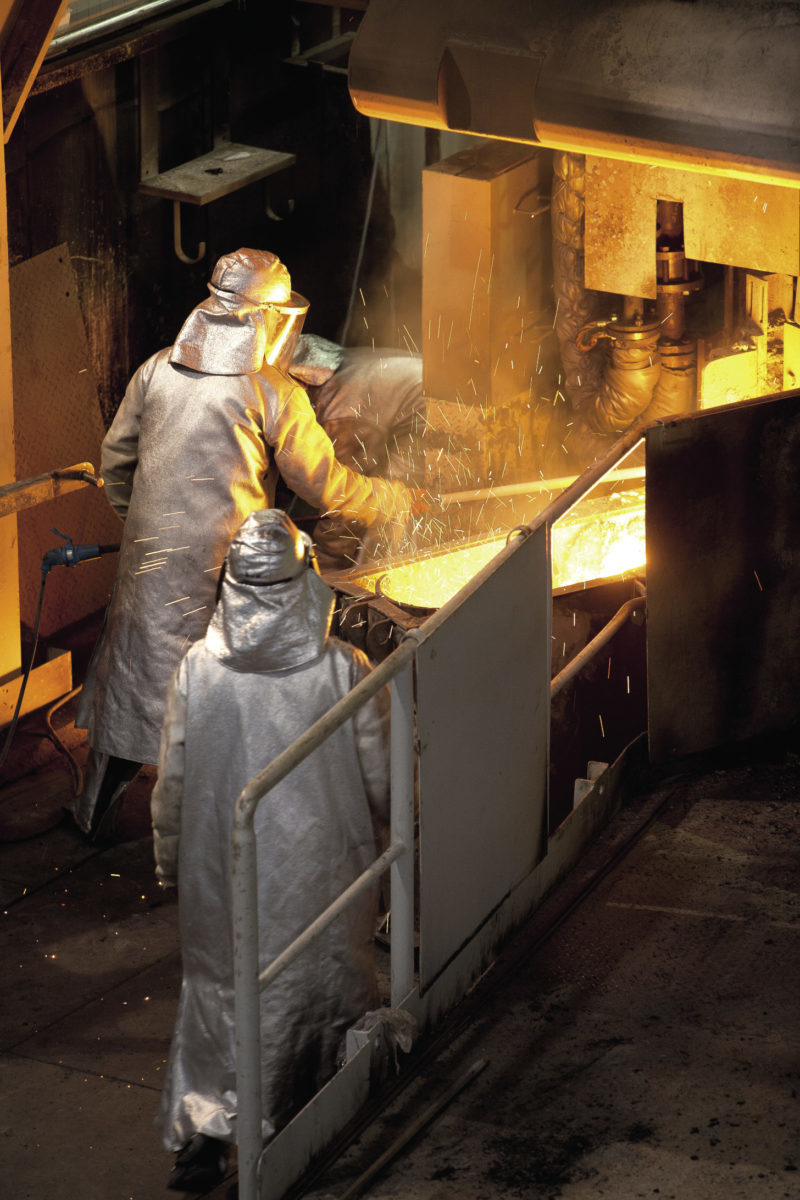Morris Garages Motor (MG Motor) India has joined hands with e-waste recycling and end-to-end service provider TES-AMM for recycling of MG ZS EV batteries at the end of their useful life. The initiative is part of the British carmaker’ efforts to build a robust EV infrastructure to facilitate India’s transition to green mobility.
Currently, while the MG ZS EVs are produced in India at Halol, Gujarat, their lithium-ion batteries are imported from SAIC CATL Power Battery System—a joint venture between MG Motor’s parent company SAIC Motor and battery manufacturer Contemporary Amperex Technology (abbreviated as CATL) in China.
The carmaker is also mulling to set up a battery assembly plant in India. The plant will produce batteries for use in the carmaker’s upcoming MG ZS EV and other models in the nation.
Rajeev Chaba, President and Managing Director, MG Motor India said, “At MG, we are on a mission to develop a comprehensive EV ecosystem that supports India’s drive towards its greener and cleaner future. We strongly believe that battery management is a critical area that needs focus. Our partnership with TES-AMM builds along these lines and ensures that batteries not only re-enter the value chain but are also recycled while following the eco-friendliest protocols. We believe it will go a long way in India’s sustainable e-mobility future.”
The automaker has previously partnered with Umicore for the safe and secure disposal of batteries and Exicom Tele Systems as well as TATA Power for their second-life use for non-automotive purposes. The TES-AMM tie-up is the fourth such association of the British legacy automaker at the national level.
Li-ion battery recycling
TES-AMM, in partnership with Recupyl S.A, operates its Li-on battery recycling plant. This plant in Singapore uses a mechanical-hydrometallurgical process that allows for higher recovery and is environmentally superior and safer to pyrolysis (heat) or cryogenic (freezing) methods, according to the information provided on its Website.
“The company provides Extended Producer Liability Management Solutions (EPLMS) service for its clients, under which materials are shipped from the client’s location to one of its processing centres,” the Website states.
In India, Tata Chemicals—part of the over US$ 100 billion Tata Group—has already commenced pilot-scale lithium-ion battery recycling operations at its facility near Mumbai and reported commercial recovery of cathode active materials from spent lithium-ion cells/batteries. It seeks to eventually scale up the capacity to recycle 500 tonnes of spent Li-ion batteries.
This content is protected by copyright and may not be reused. If you want to cooperate with us and would like to reuse some of our content, please contact: editors@pv-magazine.com.









I donit understand why this hulla ballo about recycling Batteries in India. As far as I know… Exide the largest(???) Battery Manufacturer has been doing this for decades… possibly from 1960’s at least when I graduated from Engineering School…
I am not really certain about the date it was “Legislated”…. but Re-Cycling by “responsible” Battery Manufacturers in India…. has been there for a long… long… long… time.
Remember…. The Ambassador Car has been using Batteries since it’s “birth” in Uttarapara in West Bengal BEFORE INDIA’S INDEPENDENCE… and used (mostly) Exide Batteries too.. at/after Indepebdence when the latter was founded….
What is well-established is the recycling of lead-acid batteries. These have a metal content that is almost all lead. Most new electric vehicles have lithium-ion batteries that fortunately last much longer than lead-acid in this application. These are much more complicated to recycle because they contain several metals, and there are many more metals that some makes contain.